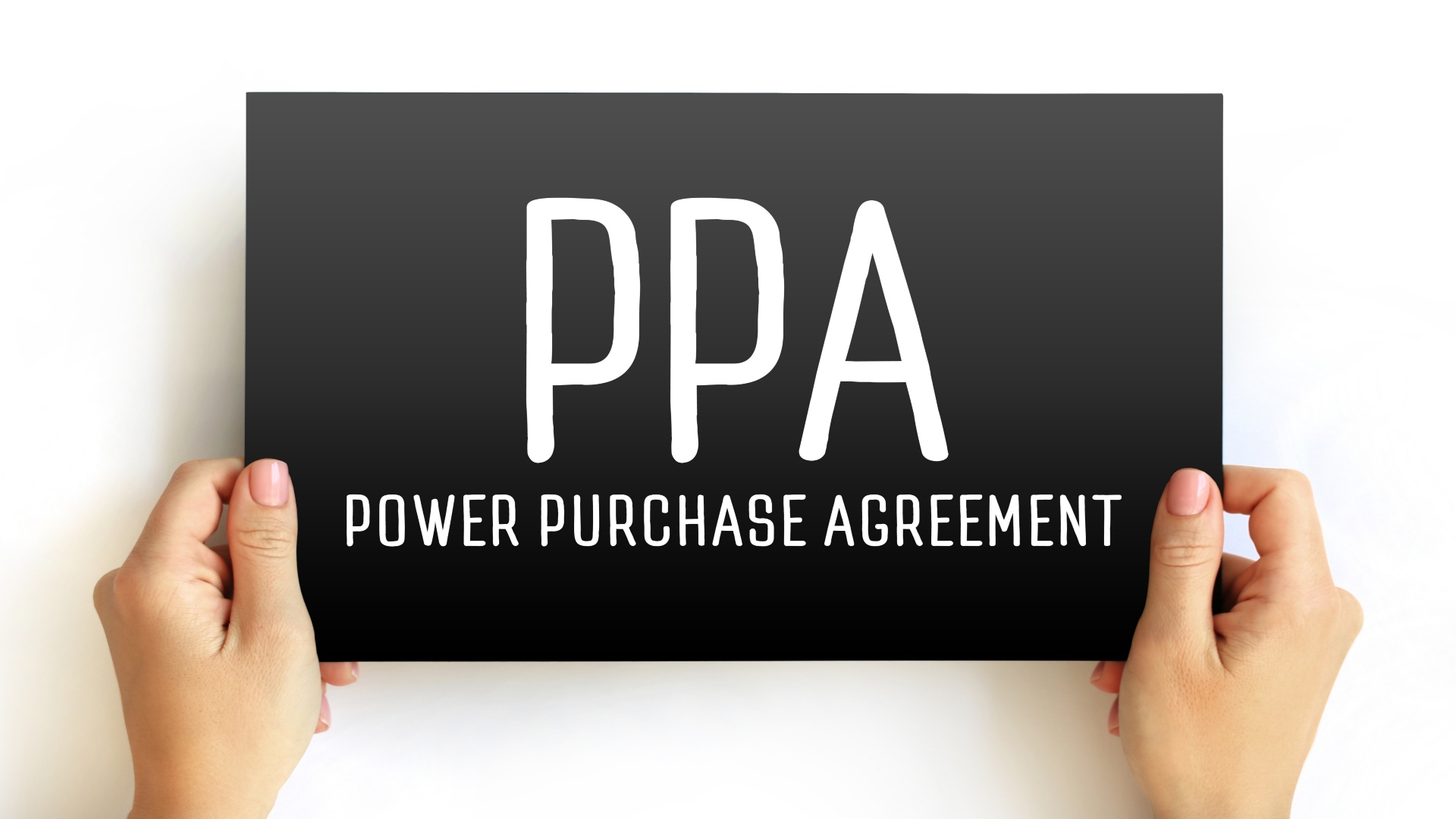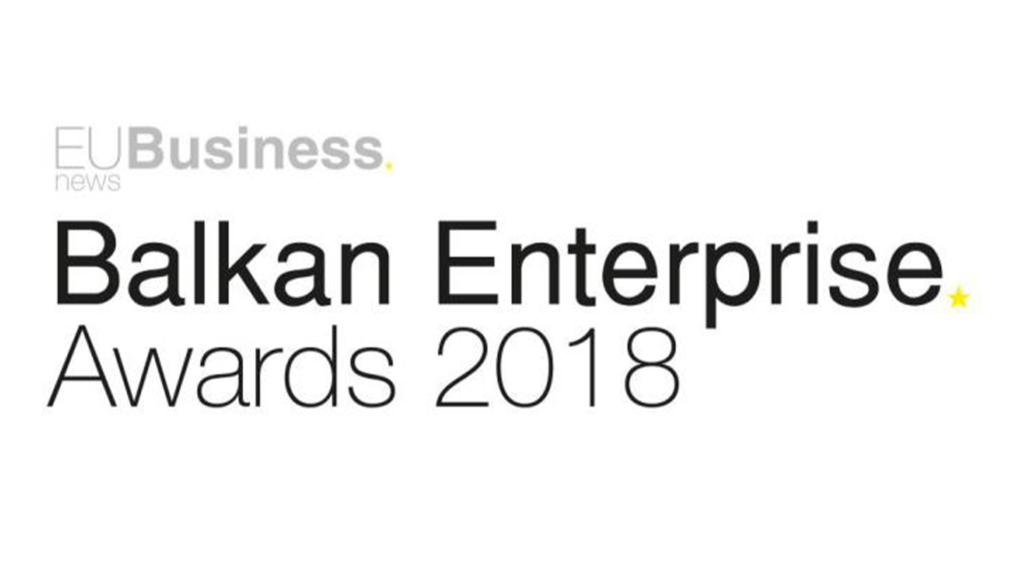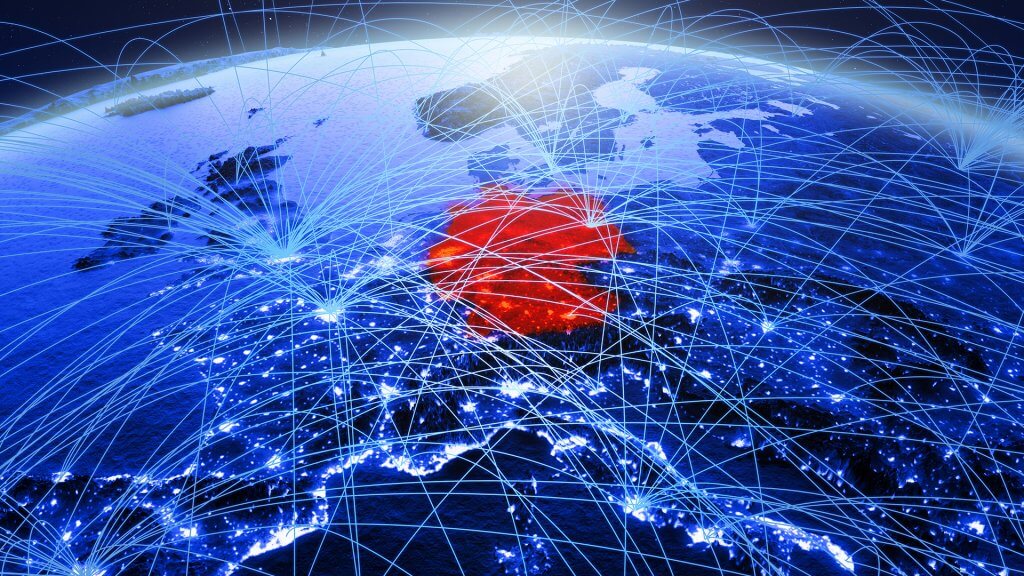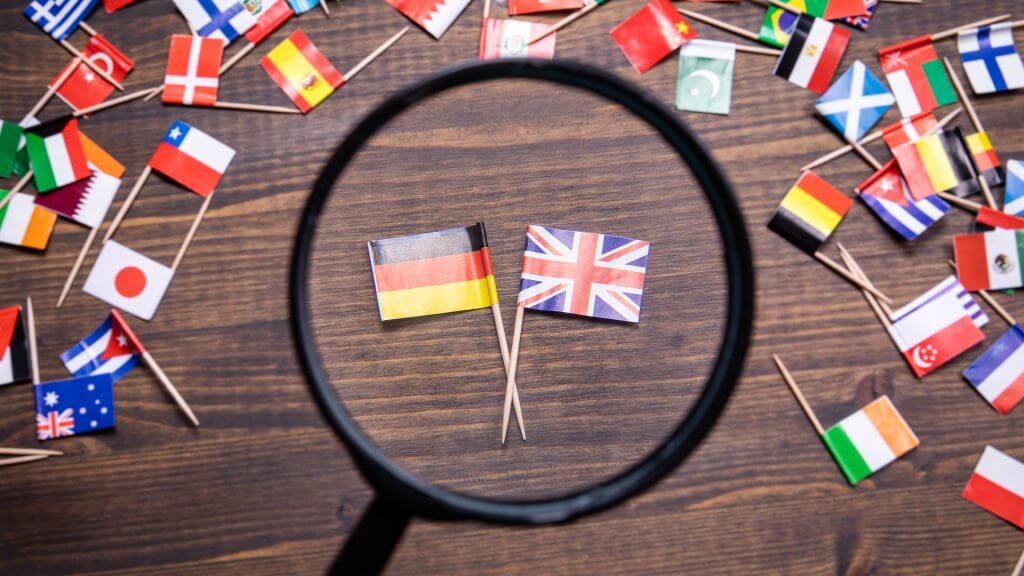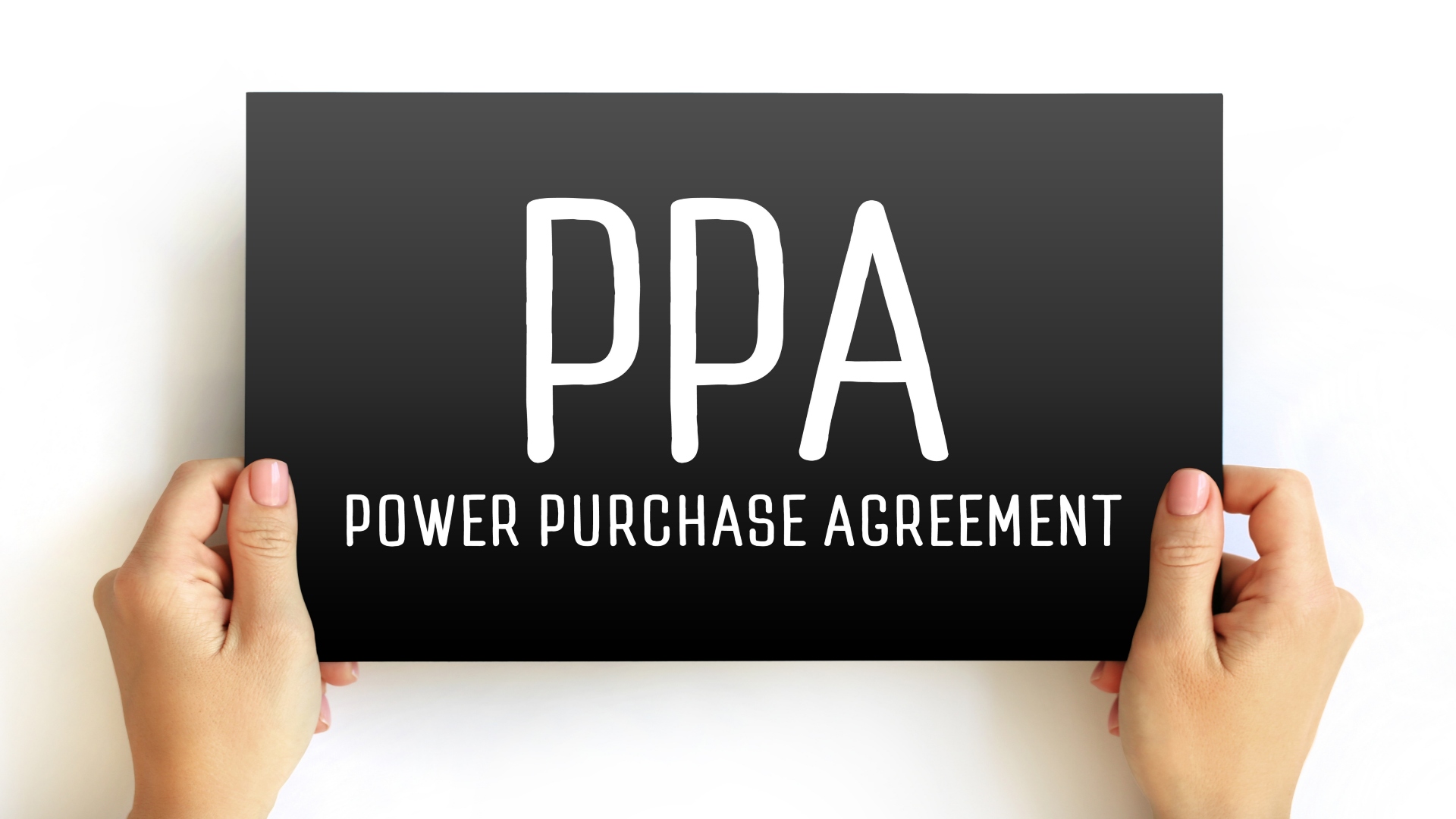
In recent years, an increasing number of businesses in the European Union (EU) have been embracing Power Purchase Agreements (PPAs) to meet their energy needs. These agreements offer a reliable and sustainable solution that benefits both businesses and the environment. In this blog post, we will explore what a PPA is and how it is positively impacting businesses and various sectors in the EU.
Understanding PPAs
A Power Purchase Agreement, or PPA for short, is a contract between a business and an energy generator. It allows the business to purchase electricity directly from the generator for a fixed period, usually several years. PPAs typically involve renewable energy sources, such as wind or solar power. By entering into a PPA, businesses can secure a long-term supply of clean and sustainable energy, often at a predictable and competitive price.
Harnessing the Power of PPA Energy
One of the main reasons why businesses are turning to PPAs is the opportunity to harness the power of renewable energy sources. By sourcing energy from wind or solar farms, companies can significantly reduce their carbon footprint and contribute to a more sustainable future. Moreover, as the EU strives to achieve its ambitious climate targets, utilizing PPA energy helps businesses align with these goals and demonstrate their commitment to environmental responsibility.
Cost Savings and Price Stability
One of the key advantages of PPAs for businesses is the potential for cost savings and price stability. By signing long-term agreements, companies can lock in favourable electricity prices, shielding themselves from volatile market fluctuations. This stability allows for better budgeting and financial planning, ultimately leading to more predictable operational costs.
Enhanced Energy Security
With a PPA, businesses can establish a stable and secure energy supply for their operations. Instead of relying solely on the grid, which may be subject to disruptions or price fluctuations, businesses can rely on the consistent delivery of renewable energy through their PPA. This enhanced energy security not only reduces the risk of power outages but also provides businesses with greater control over their energy procurement strategy.
Boosting Corporate Social Responsibility (CSR)
In today’s world, corporate social responsibility (CSR) has become an essential aspect of business operations. By adopting PPAs, companies can demonstrate their commitment to sustainability and renewable energy. Investing in clean energy sources shows stakeholders that a business is actively working towards reducing its carbon footprint and addressing climate change. This can enhance a company’s reputation and attract environmentally conscious customers, employees, and investors.
Supporting the Growth of Renewable Energy
PPAs play a crucial role in supporting the growth of renewable energy generation in the EU. By entering into long-term contracts, businesses provide financial certainty to energy generators, facilitating the development and construction of new wind or solar farms. This, in turn, helps expand the capacity of clean energy sources, contributing to the EU’s transition to a low-carbon economy and fostering job creation in the renewable energy sector.
Conclusion
As businesses in the EU recognize the importance of sustainability and environmental responsibility, Power Purchase Agreements (PPAs) have emerged as a popular and impactful solution. Through PPAs, companies can secure a reliable and sustainable energy supply, reduce their carbon footprint, and contribute to the growth of renewable energy generation. With the potential for cost savings, enhanced energy security, and the opportunity to boost corporate social responsibility, it’s no wonder that more businesses are turning to PPAs as a win-win solution for their energy needs and the planet.
